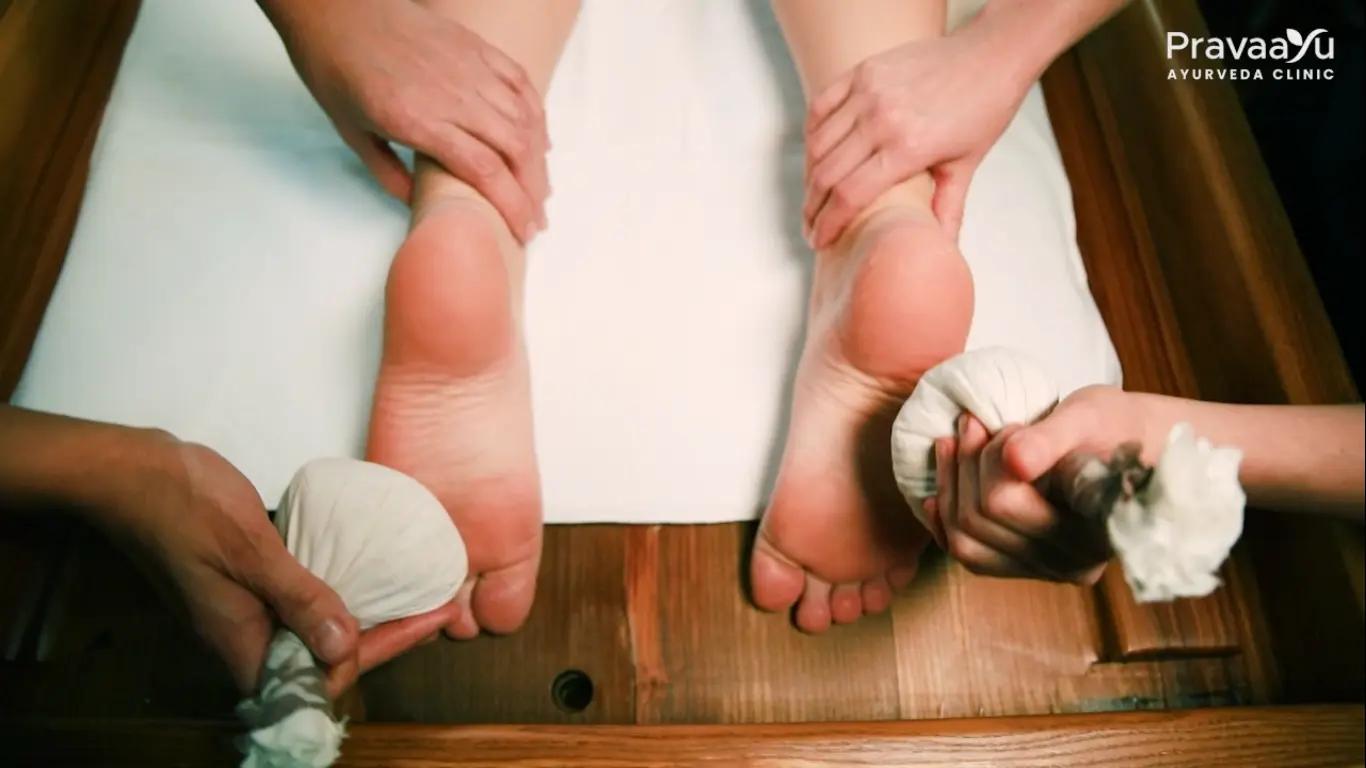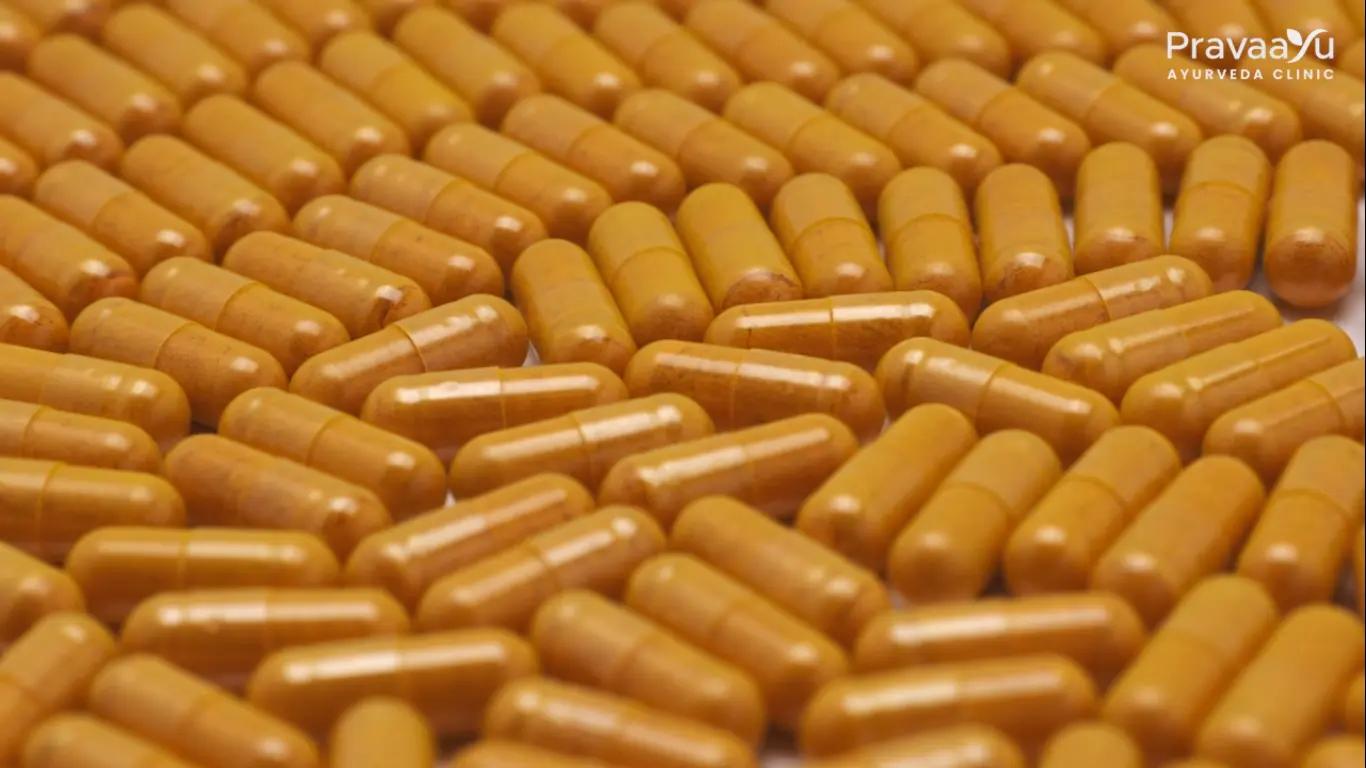
PCOD Reversal Program: PhasesA step-by-step approach to restore balance and lasting health.
Deep 360° ConnectionFostering a holistic connection between your digestive, hormonal, and reproductive systems to promote overall health and balance.
Uterine EmpowermentStrengthening and revitalizing your uterus by addressing root causes, ensuring long-term reproductive health.
Cyst-Free BalancePromoting natural cyst reduction while regulating hormonal rhythms for a healthy, balanced cycle.
PCOD Reversal JourneyPath to Wellness
Medicine: Organically sourced, Clinically Proven Formulations for Effective Results
Medicine: Organically sourced, Clinically Proven Formulations for Effective Results
 Holistic Treatment Approach
Holistic Treatment ApproachMedicine: Organically sourced, Clinically Proven Formulations for Effective Results
Medicine: Organically sourced, Clinically Proven Formulations for Effective Results
PCOS vs. PCOD: Understanding the Difference, Causes, Types, and Stages
What is PCOS?Polycystic Ovary Syndrome (PCOS) is a complex hormonal disorder that affects women of reproductive age. It occurs due to an imbalance of hormones that disrupts ovulation, leading to irregular menstrual cycles, high levels of androgens (male hormones), and multiple cysts in the ovaries. This condition can also lead to metabolic disturbances, including insulin resistance, weight gain, and increased risks of diabetes and cardiovascular diseases.
What is PCOD?Polycystic Ovarian Disease (PCOD) is a condition in which the ovaries produce immature eggs, leading to cyst formation. It is primarily caused by lifestyle factors such as poor diet, stress, and lack of exercise. While PCOD can result in irregular periods and hormonal imbalances, it is generally considered a milder condition than PCOS and is often manageable with lifestyle changes alone.
Difference Between PCOS and PCOD- PCOS is a syndrome, meaning it is a more severe metabolic disorder that affects not just the ovaries but the entire body. It is often linked to insulin resistance and chronic inflammation.
- PCOD is a disease , meaning it primarily affects the ovaries without significant metabolic complications.
- PCOS can lead to infertility and long-term health risks , whereas women with PCOD often retain the ability to conceive naturally with some lifestyle modifications.
- PCOS requires a more structured treatment approach , including hormonal therapy and metabolic management, while PCOD can often be controlled through dietary and lifestyle changes.
Causes of PCOS & PCODThe exact cause of PCOS and PCOD is not fully understood, but several factors contribute to their development:
- Hormonal Imbalance – Increased androgen levels interfere with ovulation, causing irregular cycles and other symptoms.
- Insulin Resistance – High insulin levels stimulate excess androgen production, leading to symptoms such as acne, excessive hair growth, and weight gain.
- Genetics – A family history of PCOS or metabolic disorders increases the risk.
- Inflammation – Chronic low-grade inflammation is linked to elevated androgens and ovarian dysfunction.
- Poor Lifestyle Choices – Sedentary habits, unhealthy eating patterns, and stress contribute to the onset and severity of symptoms.
Types of PCOSPCOS manifests differently in different individuals. The four main types are:
- Insulin-Resistant PCOS – The most common type, caused by high insulin levels that disrupt ovulation.
- Inflammatory PCOS – Triggered by chronic inflammation, leading to hormonal imbalances and ovulatory dysfunction.
- Adrenal PCOS – Caused by excessive stress, leading to overproduction of adrenal androgens.
- Post-Pill PCOS – Occurs after stopping birth control pills, causing a temporary surge in androgens.
Stages of PCOS ProgressionAccording to Ayurveda, the progression of PCOS follows six stages:
- Sanchaya (Accumulation) – Hormonal imbalances begin to develop due to poor diet, stress, and lifestyle habits.
- Prakopa (Aggravation) – Androgen levels increase, leading to symptoms such as acne, irregular periods, and weight gain.
- Prasara (Transmigration) – Hormonal imbalances spread throughout the body, affecting metabolism and insulin function.
- Sthana Samshraya (Localization) – Symptoms become more evident, with ovarian cysts forming and menstrual cycles becoming severely irregular.
- Vyakti (Manifestation) – PCOS is fully developed, with complications such as infertility, excessive hair growth, and metabolic disorders.
- Bheda (Complication) – If left untreated, PCOS can lead to diabetes, heart disease, and other long-term health issues.
Managing PCOS and PCODTreatment for PCOS and PCOD involves a combination of lifestyle changes, natural therapies, and, in some cases, medical interventions.
- Diet & Nutrition: Eating a balanced diet rich in whole foods, fiber, and anti-inflammatory ingredients helps regulate hormones.
- Regular Exercise: Physical activity improves insulin sensitivity and helps with weight management.
- Stress Management: Yoga, meditation, and mindfulness reduce cortisol levels and improve hormonal balance.
- Ayurvedic Therapies: Panchakarma, herbal medicines, and detox treatments help restore hormonal harmony naturally.
With the right approach, PCOS and PCOD can be managed effectively, allowing women to lead healthier lives with improved fertility and overall well-being.






 Holistic Treatment Approach
Holistic Treatment Approach






